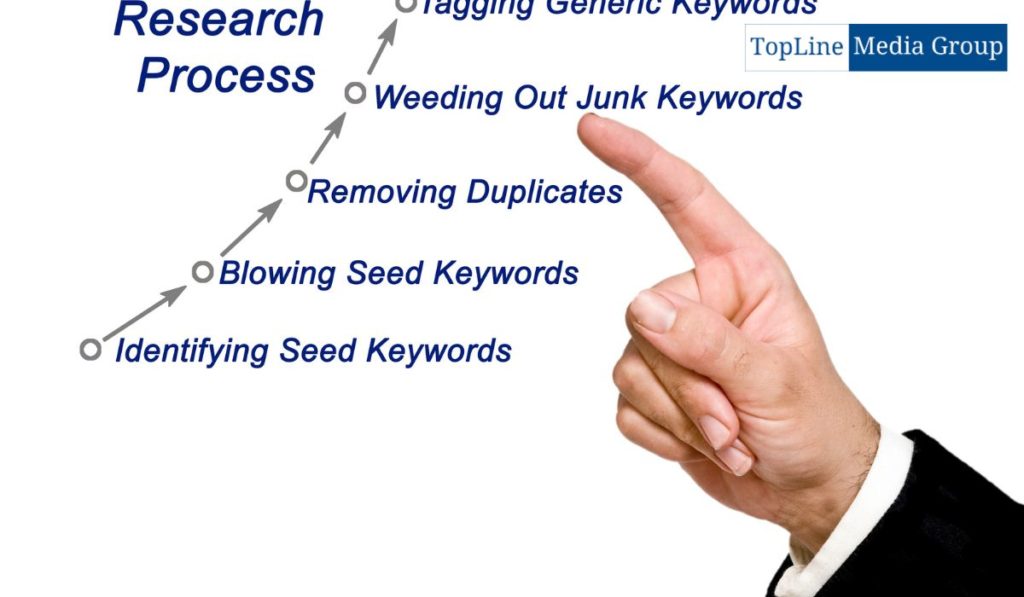While Google Keyword Planner is undoubtedly powerful, alternative keyword research tools can provide additional perspectives and uncover hidden opportunities. Let’s explore some noteworthy alternatives:
Ahrefs
Ahrefs is a comprehensive SEO tool that offers robust keyword research capabilities. With its vast database, Ahrefs provides accurate search volume data, keyword difficulty scores, and valuable insights into competitors’ top-ranking keywords. It also offers features like content gap and backlink analysis, empowering marketers to make data-driven decisions.
SEMrush
SEMrush is another popular tool in the SEO realm. Besides offering powerful keyword research features, SEMrush provides in-depth competitor analysis, site auditing, and backlink tracking. Its keyword magic tool allows users to discover long-tail keywords and generate content ideas based on specific topics or domains.
 Moz
Moz
Moz is a well-known reputation in the SEO industry, offering a suite of tools for keyword research, link building, and rank tracking. With Moz’s keyword explorer, you can identify high-potential keywords, analyze search volume, and assess keyword difficulty. Moz also provides valuable metrics like click-through rate potential and organic CTR score.
Keywordtool.io
Keywordtool.io is a popular alternative to traditional keyword research tools. It utilizes autocomplete data from various search engines, including Google, YouTube, Bing, and Amazon, to generate a comprehensive list of long-tail keyword suggestions. This tool can be handy for content creators looking to optimize their presence across multiple platforms.
Scrapebox
Scrapebox is a versatile SEO tool offering various features, including keyword research. It allows users to generate keyword lists, analyze competition, and find related keywords. Scrapebox also provides options for harvesting search engine results and uncovering valuable data for effective keyword targeting.
WordStream
WordStream’s keyword tool combines simplicity with powerful insights. It helps users discover relevant keywords, provides search volume data, and assists in organizing and prioritizing keywords for campaigns. WordStream offers additional features like campaign management and optimization tools to streamline keyword research efforts.
Bing Keyword Research
While Google dominates the search engine market, Bing still holds a significant share of the search landscape. Bing’s keyword research tools provide insights specific to its search engine, allowing marketers to gain a broader perspective and target a different audience segment.
KeywordDiscover
KeywordDiscover is an intuitive keyword research tool with a user-friendly interface and robust functionality. It provides detailed keyword suggestions, search volume data, and competition analysis. With its visual representations and filters, Keyword Discover simplifies finding valuable campaign keywords.
KWFinder
KWFinder focuses on long-tail keyword research, helping marketers identify low-competition keywords that are easier to rank. It provides comprehensive data on search volume, keyword difficulty, and search trends. KWFinder also offers features like keyword lists and competitor analysis to refine your keyword strategy further.
Google Search Console
Google Search Console is an essential tool that allows website owners to monitor and optimize their online presence. While it primarily focuses on technical aspects and provides valuable keyword data. You can uncover keyword opportunities and understand how users discover your website by analyzing search queries that lead to impressions and clicks.
seoClarity
seoClarity is an enterprise-level SEO platform that offers advanced keyword research features. It provides detailed insights into search volume, keyword difficulty, and content gap analysis. seoClarity also offers AI-powered recommendations to help you optimize your content and improve your organic search performance.
Conclusion
Keyword research is a fundamental aspect of any successful SEO strategy. You can gain valuable insights into search trends, competition, and user behavior by leveraging tools like Google Keyword Planner, Ahrefs, SEMrush, and Moz. Alternative keyword research tools provide unique perspectives and hidden opportunities that can give your campaigns an edge. Effective keyword research involves finding the right balance between search volume, competition, and relevancy. You can drive targeted organic traffic and achieve your digital marketing goals with a well-rounded keyword strategy.
FAQs
Why should I consider using alternative keyword research tools?
Alternative keyword research tools offer additional insights and perspectives that can complement the data provided by popular tools like Google Keyword Planner. They can help you uncover hidden opportunities, discover long-tail keywords, and gain a competitive edge in your digital marketing efforts.
Are alternative keyword research tools as effective as popular ones?
Alternative keyword research tools can be highly effective, often providing unique features and data beyond popular means. However, the effectiveness of these tools depends on your specific needs and preferences. Exploring different tools and finding the ones that align with your goals and provide the most relevant data for your campaigns is recommended.
Are there any free alternative keyword research tools available?
 Yes, there are free alternative keyword research tools available. Tools like Keywordtool.io, Bing Keyword Research, and Google Search Console offer free features that can be valuable for your keyword research efforts. While they may have limitations compared to paid tools, they can still provide valuable insights and help you refine your keyword strategy.
Yes, there are free alternative keyword research tools available. Tools like Keywordtool.io, Bing Keyword Research, and Google Search Console offer free features that can be valuable for your keyword research efforts. While they may have limitations compared to paid tools, they can still provide valuable insights and help you refine your keyword strategy.
How can I choose the correct alternative keyword research tool for my needs?
Choosing the right alternative keyword research tool depends on various factors, such as your budget, specific requirements, and the features offered by the agency. Consider the data provided, user interface, additional functionalities, & user reviews to make an informed decision. Trying out free trials or demos before committing to a paid tool is also helpful.
Do alternative keyword research tools provide historical keyword data?
Many alternative keyword research tools provide historical keyword data, allowing you to analyze trends and changes in search behavior over time. This data can help you identify seasonal patterns, assess keyword performance, and plan your campaigns accordingly.
Can alternative keyword research tools help with local keyword research?
Yes, alternative keyword research tools can assist with local keyword research. They often provide location-specific search volume data, keyword suggestions, and competition analysis. This can be particularly valuable for businesses targeting specific geographic areas and aiming to optimize their local search presence.
Are alternative keyword research tools as effective as popular ones?
Alternative keyword research tools can be highly effective when used correctly. While popular tools like Google Keyword Planner are widely trusted, alternative means offer unique features, perspectives, and data that can provide valuable insights for your keyword research efforts. Exploring and experimenting with different tools is essential to find the best ones for you.




